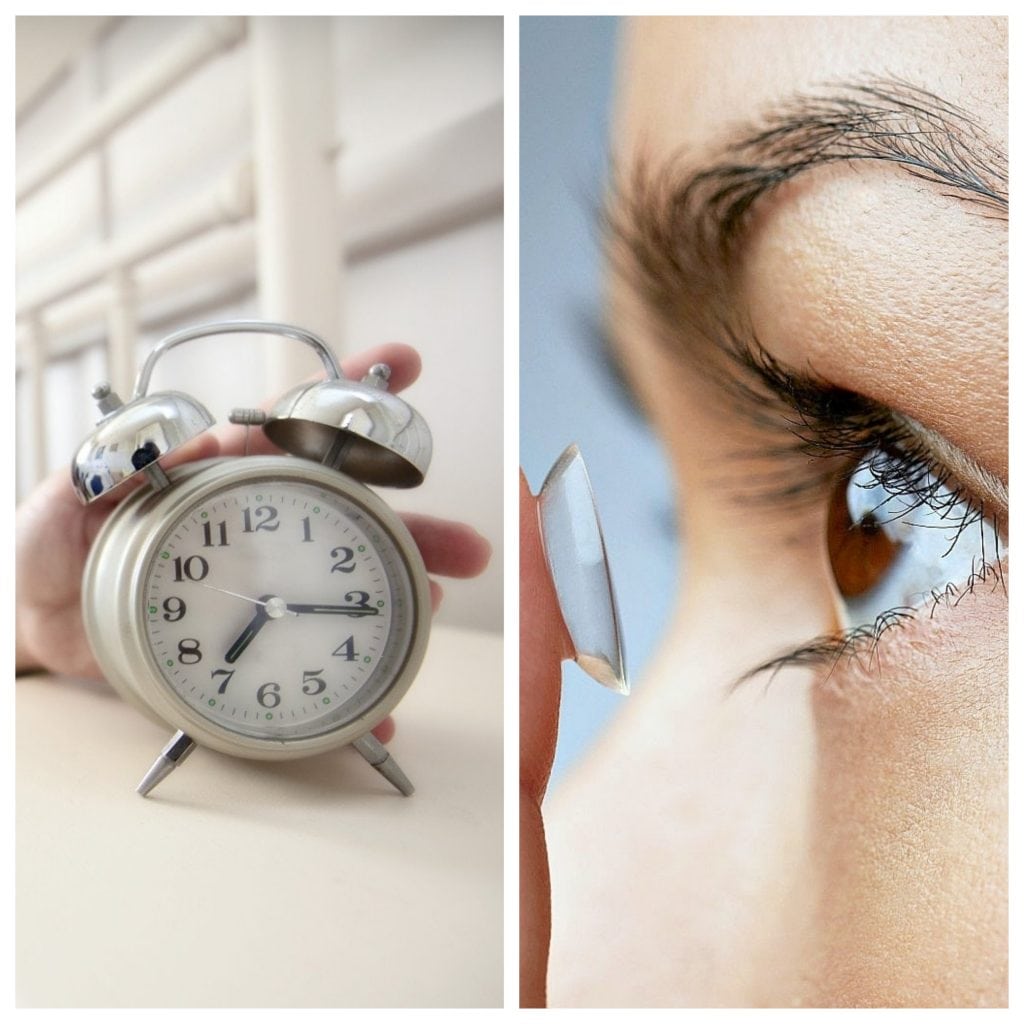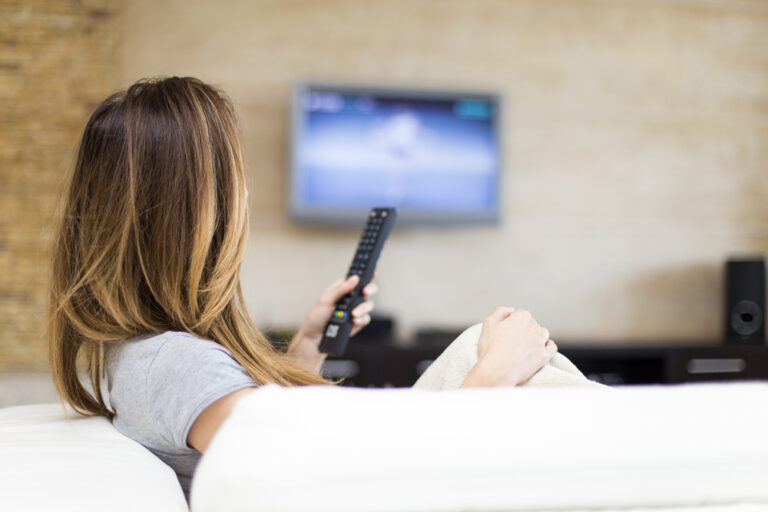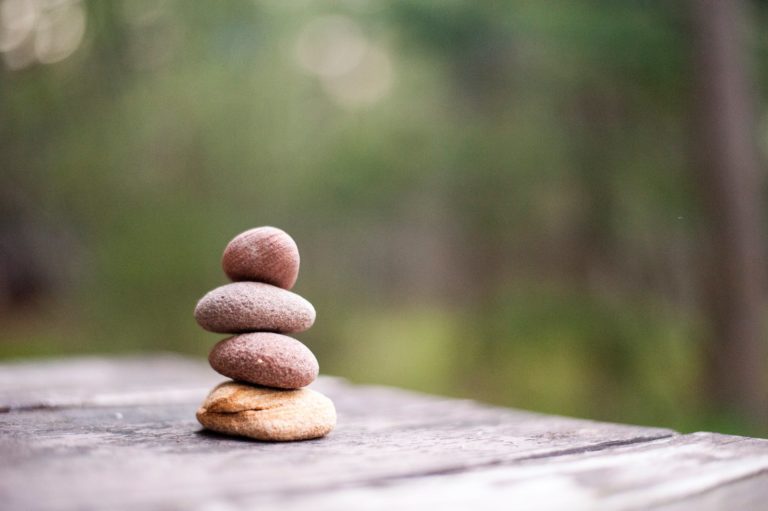
Hitting the snooze button over and over
“If you need time in the morning to get going and you stay awake before the alarm goes off again, that’s OK,” says Raman Malhotra, M.D., associate professor of neurology at Washington University Sleep Medicine Center in St. Louis. If you’re hitting snooze and going back to sleep, you could feel groggy after you get up.
“The alarm signals the brain to wake up. Going back to sleep when the alarm goes off confuses it,” Malhotra says. Set the alarm for a time you know you’ll be able to get up. And keep it consistent day to day (even on weekends), which will make it easier to wake up.
Wearing your daily contacts for a week
Even if you take out the contacts at night, wearing them for more than one day means you lose the benefits of single-use lenses, says Susan Resnick, O.D., a contact lens specialist in NYC. “Daily disposables reduce the buildup of oils and proteins, so you can see more clearly.”
Single-use lenses can also reduce allergy symptoms. Wearing single-use lenses for more than a day also raises your risk for an eye infection. In fact, extending the wear of lenses is one of the main causes of the nearly 1 million eye infections Americans get treated for every year.

























